Spark Data Alchemy - Advanced Data Processing
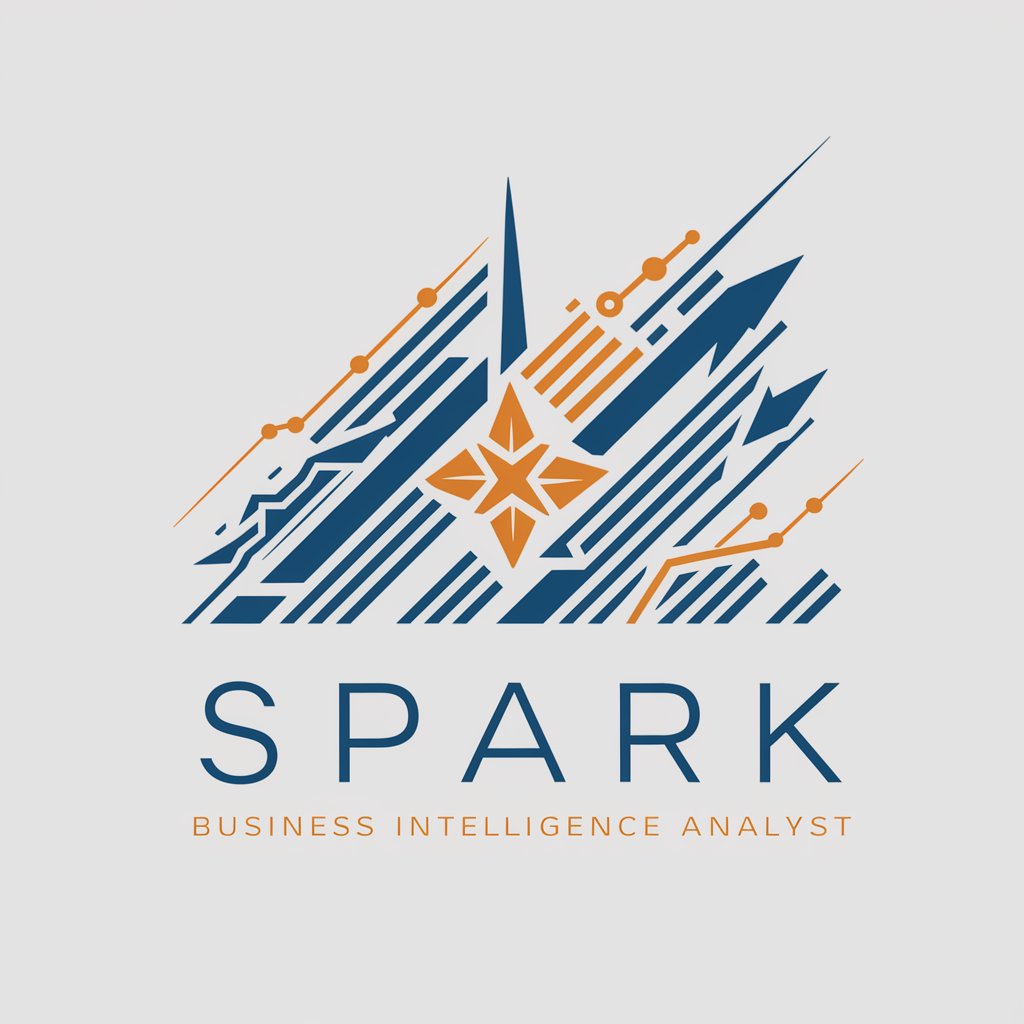
Welcome! Let's unlock the power of data with Spark.
Empowering insights with AI-driven data analysis.
Analyze a large dataset using Apache Spark's DataFrame API to...
Optimize a Spark query for better performance by...
Integrate multiple data sources into a single Spark DataFrame and...
Implement a window function in Spark to analyze...
Get Embed Code
Overview of Spark Data Alchemy
Spark Data Alchemy is a specialized framework designed for data analysts, data scientists, and engineers to harness the power of Apache Spark for complex data processing tasks. Its core functionality revolves around optimizing the use of DataFrames and Datasets for efficient data manipulation, analysis, and insights extraction from large datasets. By leveraging Spark's distributed computing capabilities, it offers scalable solutions for data aggregation, filtering, transformation, and complex analytics, thereby facilitating in-depth data exploration and analysis. For instance, in a scenario where a retail company needs to analyze terabytes of sales data to identify trends, Spark Data Alchemy can efficiently process and analyze the data to provide valuable insights on sales patterns, customer behavior, and inventory management. Powered by ChatGPT-4o。

Key Functions of Spark Data Alchemy
Data Aggregation and Filtering
Example
Using Spark's DataFrame API to summarize large datasets, apply filters, and compute aggregate statistics such as sum, average, or count.
Scenario
A financial institution analyzing transaction data to identify fraudulent activities by aggregating transactions by type, filtering based on unusual patterns, and summarizing activities to pinpoint anomalies.
Complex Transformations and Analysis
Example
Leveraging Spark's capabilities to perform complex data transformations, including column manipulations, data type conversions, and applying user-defined functions (UDFs) for custom calculations.
Scenario
A healthcare provider transforming patient records by normalizing data formats, converting measurement units, and calculating health risk scores based on multiple health indicators.
Integration with Various Data Sources
Example
Utilizing Spark to connect with different data sources such as HDFS, S3, relational databases, and real-time data streams for ingestion and processing.
Scenario
A marketing analytics firm integrating data from social media, web analytics, and CRM systems to create a unified view of customer interactions across multiple channels.
Optimizing Queries for Performance
Example
Applying query optimization techniques such as partitioning, caching, and broadcast joins to enhance the performance of data processing tasks.
Scenario
An e-commerce company optimizing product recommendation queries to improve response times by efficiently processing user activity logs and product inventory data.
Target User Groups for Spark Data Alchemy Services
Data Scientists and Analysts
Individuals focused on extracting insights from data. They benefit from Spark Data Alchemy's ability to handle complex data transformations and analyses on large datasets, enabling them to derive actionable insights and make data-driven decisions.
Data Engineers
Professionals responsible for building and managing data pipelines. They use Spark Data Alchemy to efficiently process and prepare data for analysis, leveraging its capabilities to ensure data quality, scalability, and performance.
Business Analysts
Analysts looking to understand business performance and market trends. They benefit from the simplified data exploration and visualization capabilities of Spark Data Alchemy, allowing them to quickly identify trends, patterns, and anomalies in business data.

Getting Started with Spark Data Alchemy
1
Start by visiting yeschat.ai to access a free trial, no login or ChatGPT Plus required.
2
Familiarize yourself with Apache Spark basics, ensuring you understand DataFrame and Dataset APIs for efficient data processing.
3
Choose your data source and format, then use Spark Data Alchemy to ingest, process, and analyze the data with advanced functions and optimization techniques.
4
Experiment with different data transformations, aggregation functions, and window functions to derive insights and patterns from your dataset.
5
Leverage the tool's visualization capabilities to interpret your analysis results and make informed business decisions.
Try other advanced and practical GPTs
Spark Data Revolution
Empower your data with AI-driven Spark optimization.
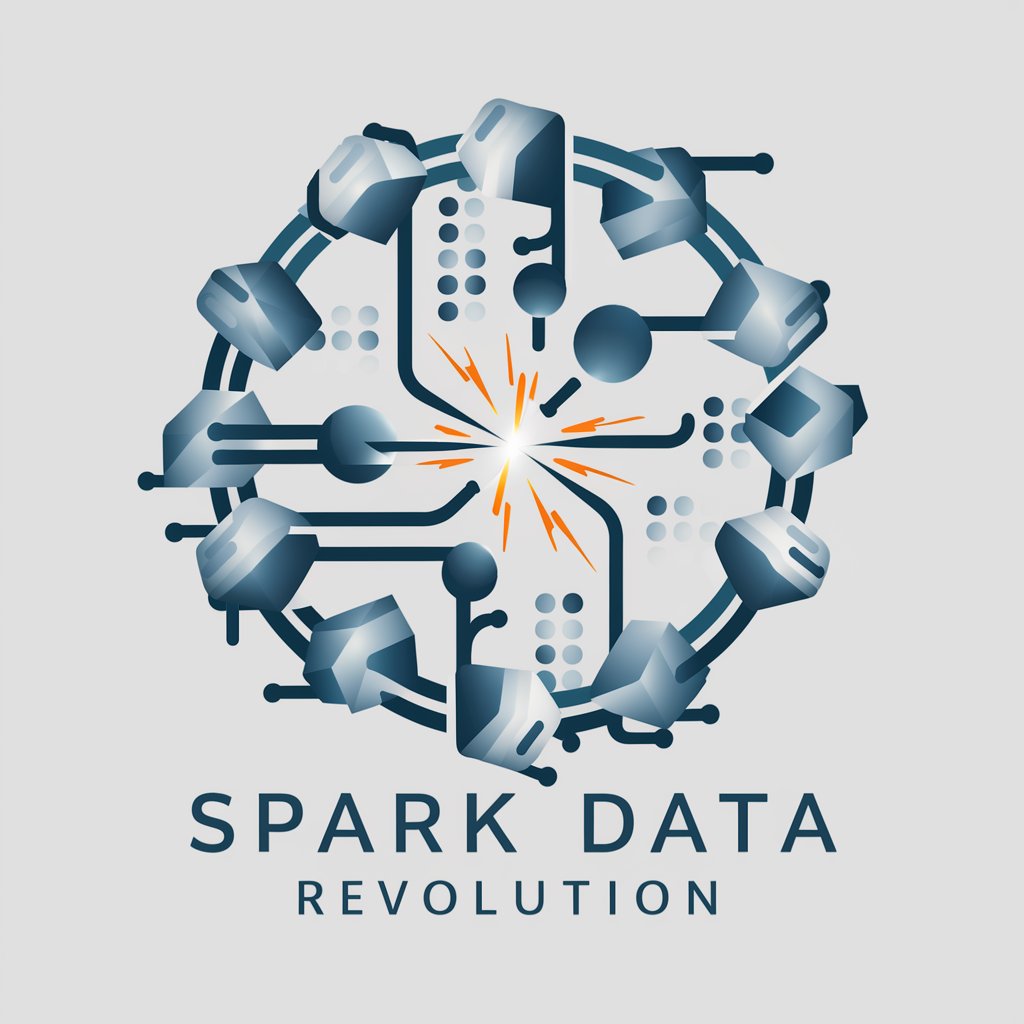
Efficient ML Algorithms in C: Performance Mastery
Power your C projects with AI-driven ML efficiency.
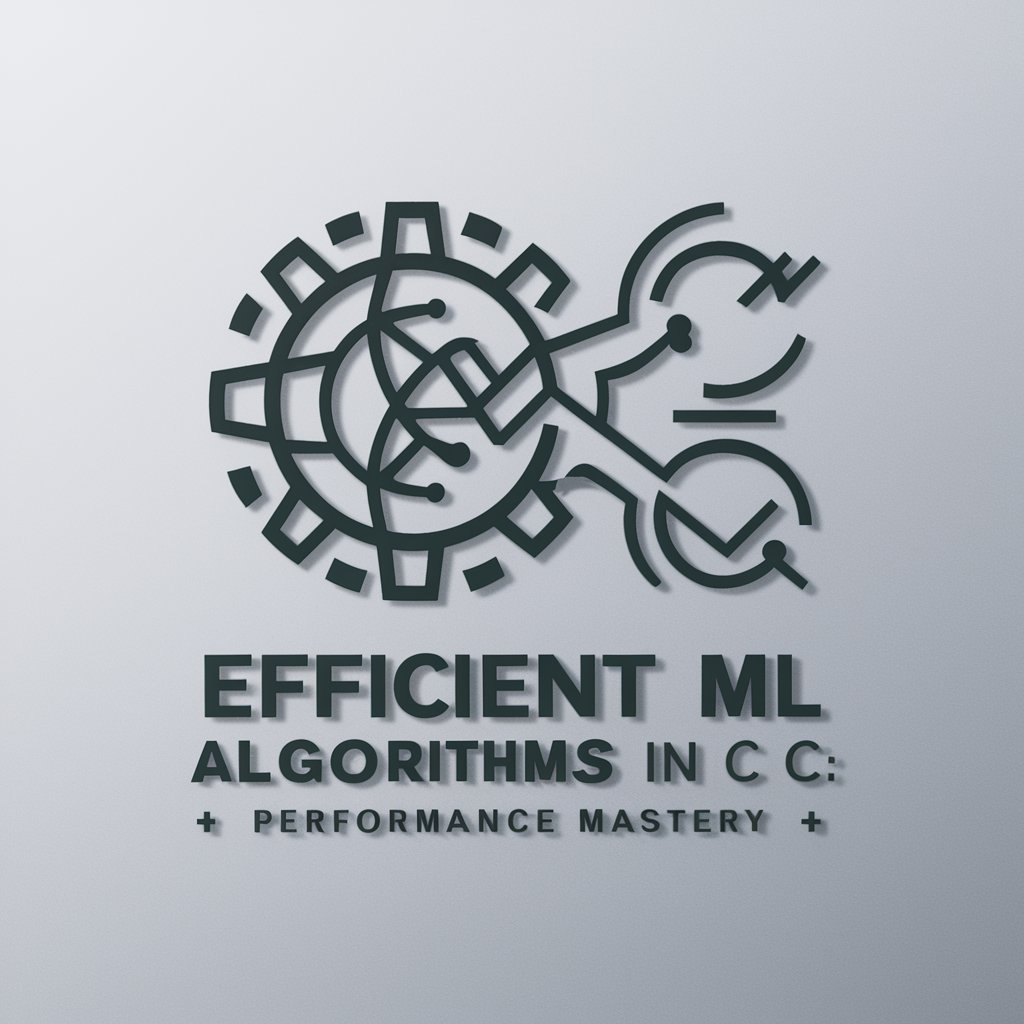
Knowledge Center
Empowering AWS Solutions with AI
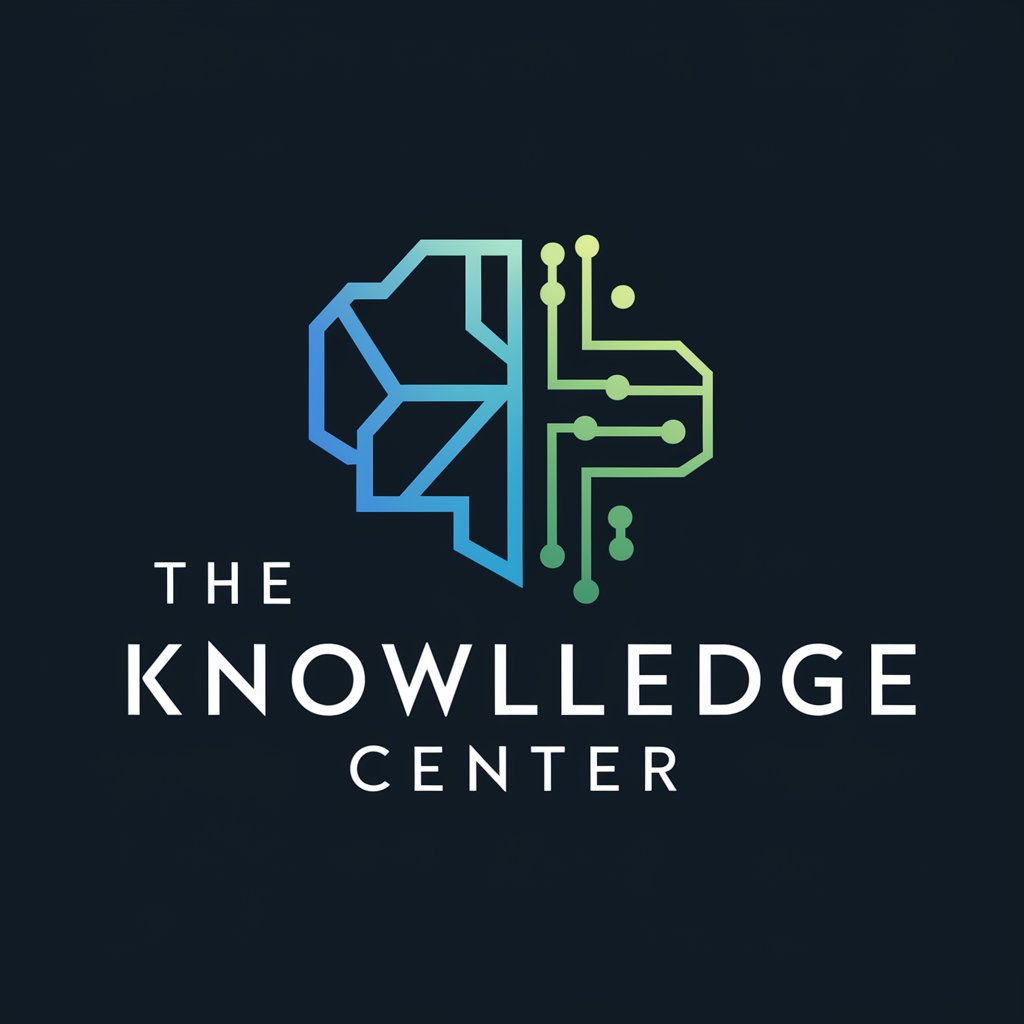
G6PD Guardian
Navigate G6PD Safely with AI
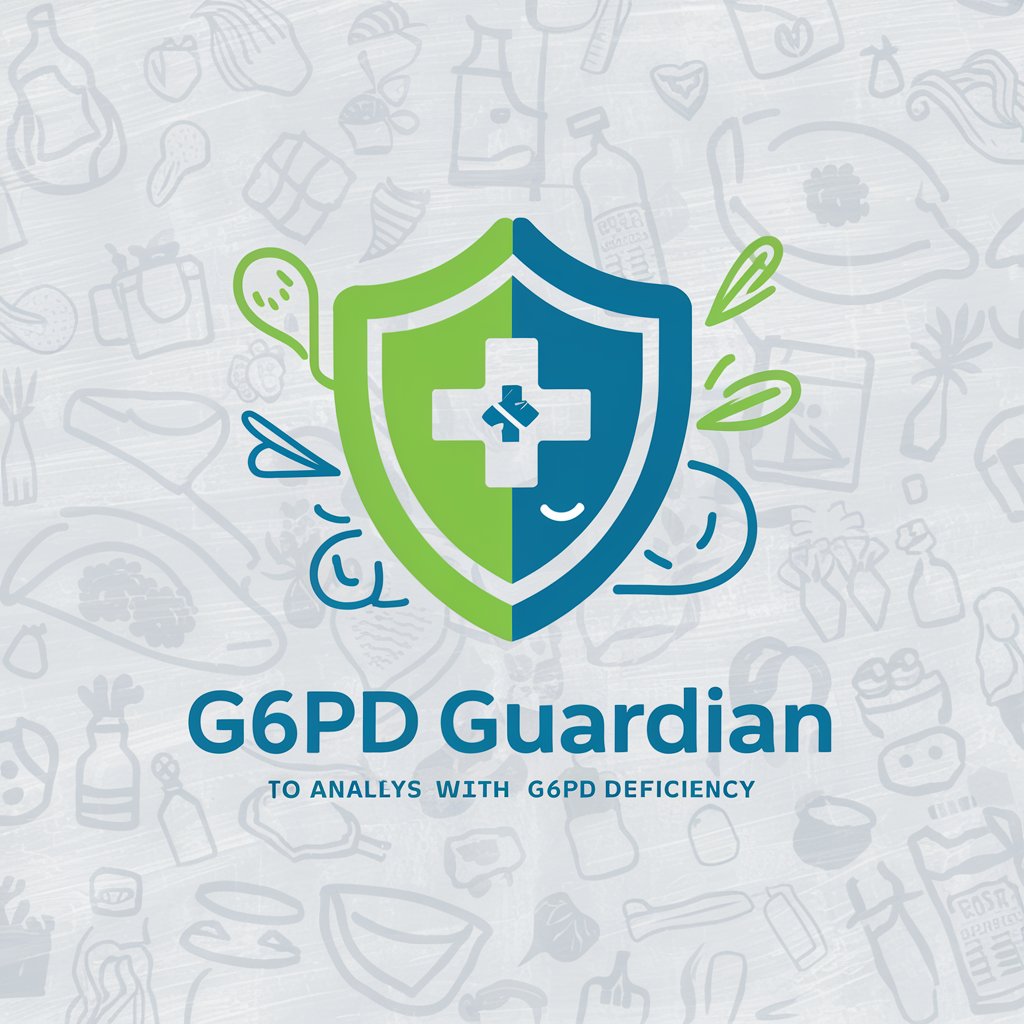
Internet IMD Mentor
Empowering Community Networks with AI

Search internet and Return the Newest Information
Empowering Inquiries with AI-driven Insights

DSM-5 Research Assistant for Psychologists
Empowering Psychologists with AI-Powered DSM-5 Insights
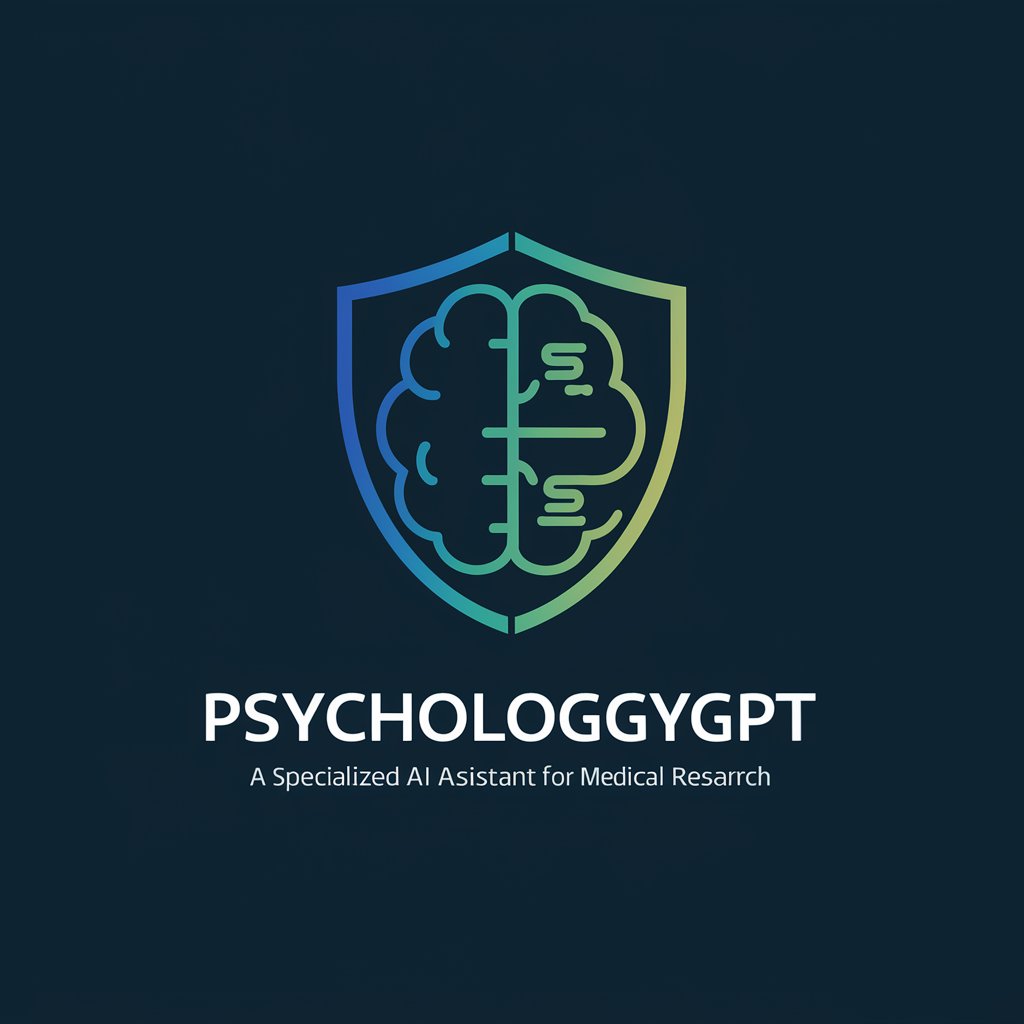
AutoLISP Ace
Streamlining AutoCAD Programming with AI
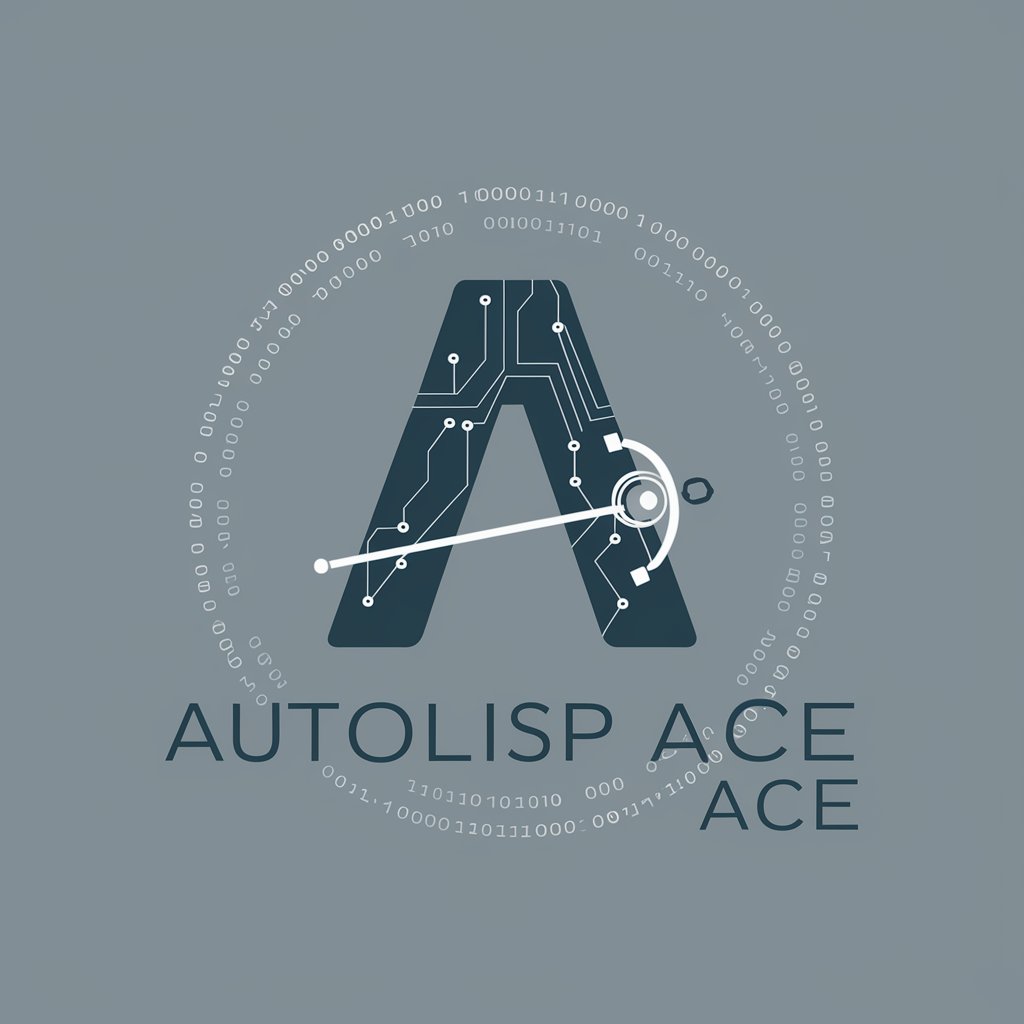
Markdown Transformer
Transform Text Seamlessly with AI-Powered Precision

The Shaman
Empowering Decisions with AI Insight

Pathfinder
Your AI Companion for Spiritual Insight

Agile Scribe: Meeting notes, tasks, user stories
Streamlining Meetings with AI Precision
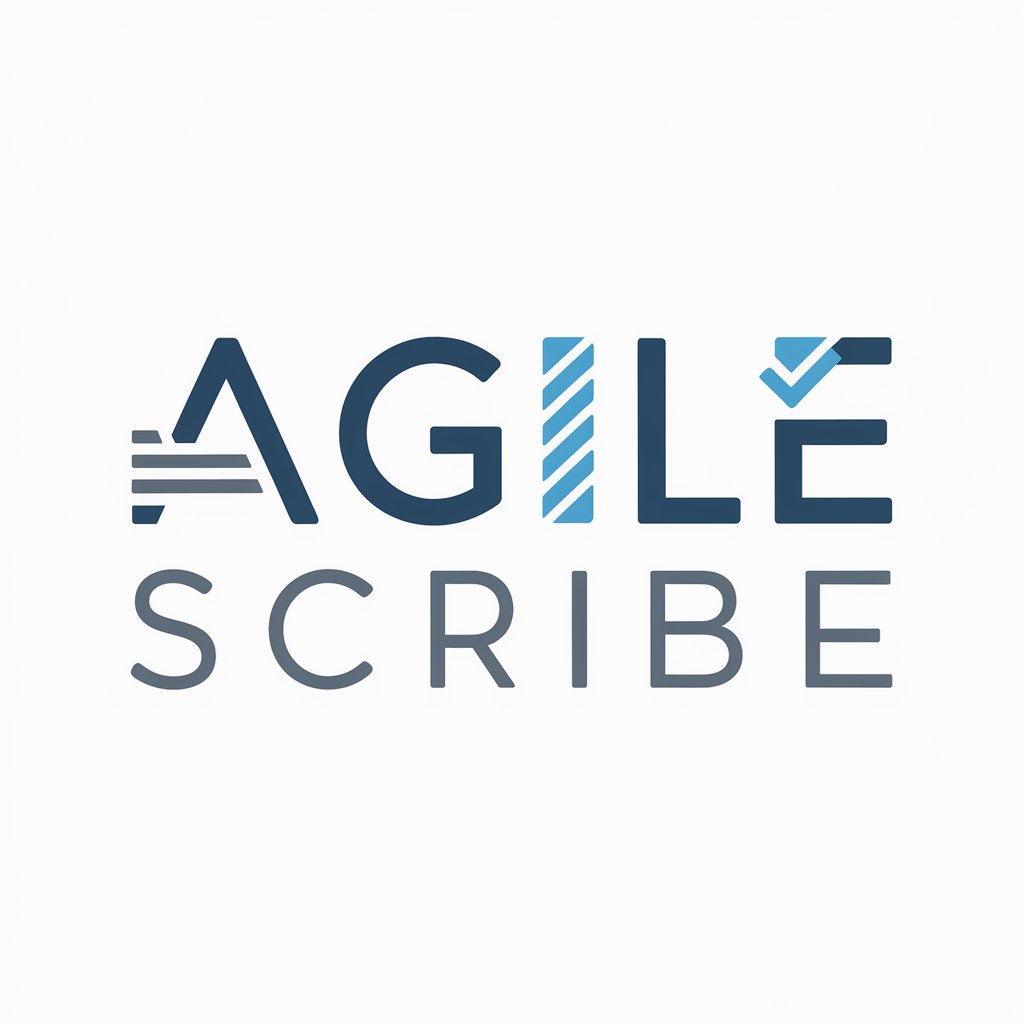
Spark Data Alchemy FAQs
What is Spark Data Alchemy?
Spark Data Alchemy is a tool designed for advanced data processing and analysis using Apache Spark. It focuses on using DataFrames and Datasets for complex data transformations, aggregation, and exploratory data analysis to derive meaningful insights.
How does Spark Data Alchemy improve data processing performance?
It utilizes Spark's in-built functions, query optimization techniques, and data partitioning strategies to ensure efficient processing of large datasets, minimizing resource consumption and processing time.
Can Spark Data Alchemy handle real-time data processing?
Yes, Spark Data Alchemy can process real-time data streams by leveraging Spark Structured Streaming. This allows for the analysis of live data feeds and the generation of insights in real-time.
What types of data sources and formats does Spark Data Alchemy support?
It supports a wide range of data sources, including HDFS, S3, JDBC, Kafka, and many more. Formats such as JSON, CSV, Parquet, and Avro are also supported, allowing for flexible data ingestion and processing.
How can I ensure data quality and accuracy with Spark Data Alchemy?
Spark Data Alchemy provides various data validation and cleaning functions to ensure data quality. It supports schema validation, outlier detection, and missing value imputation to maintain the accuracy of your analysis.
